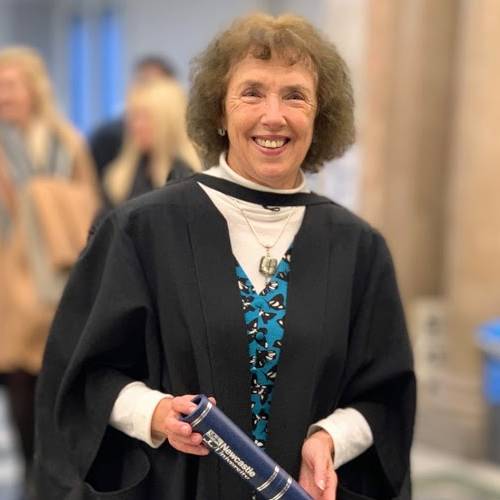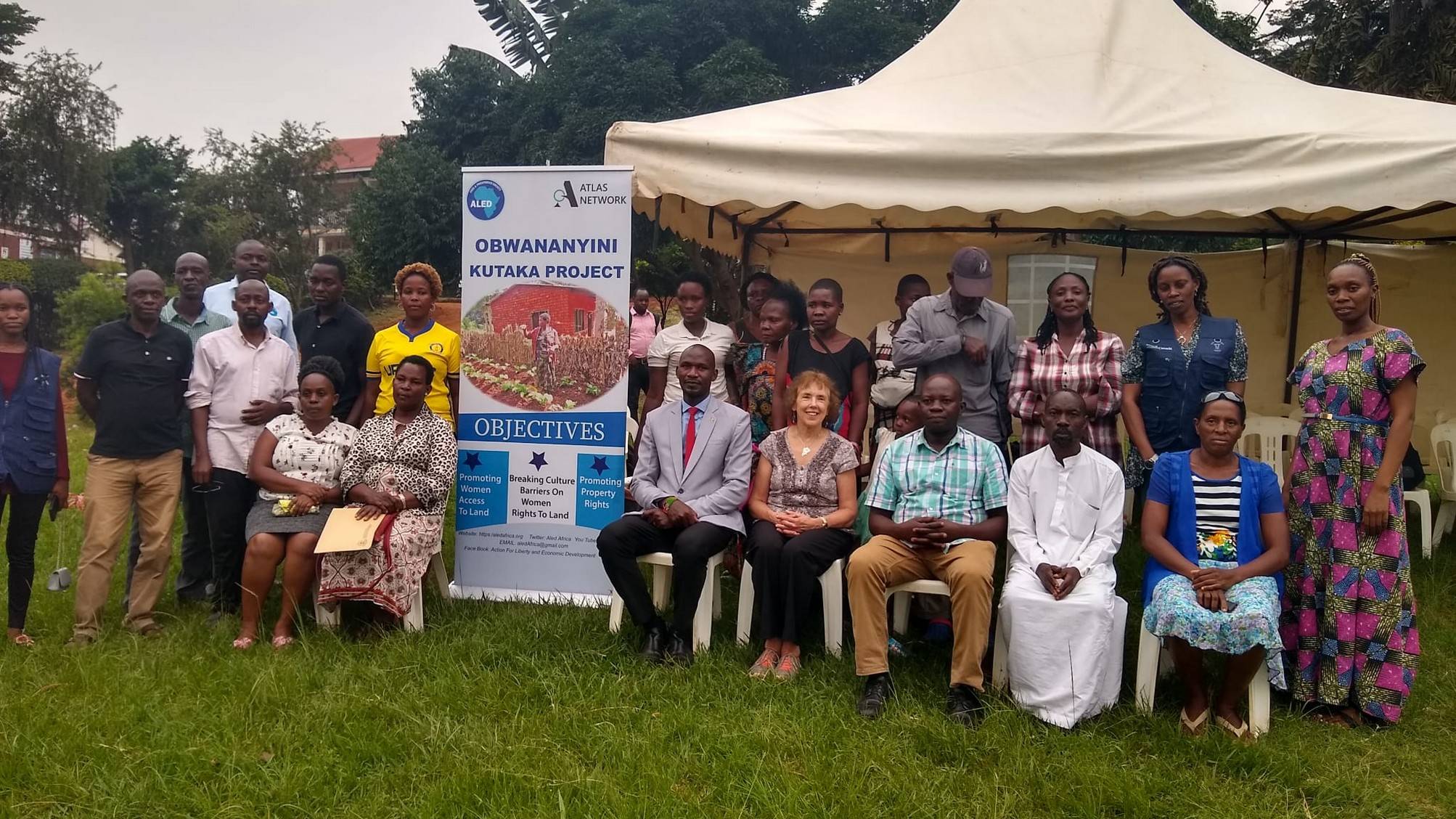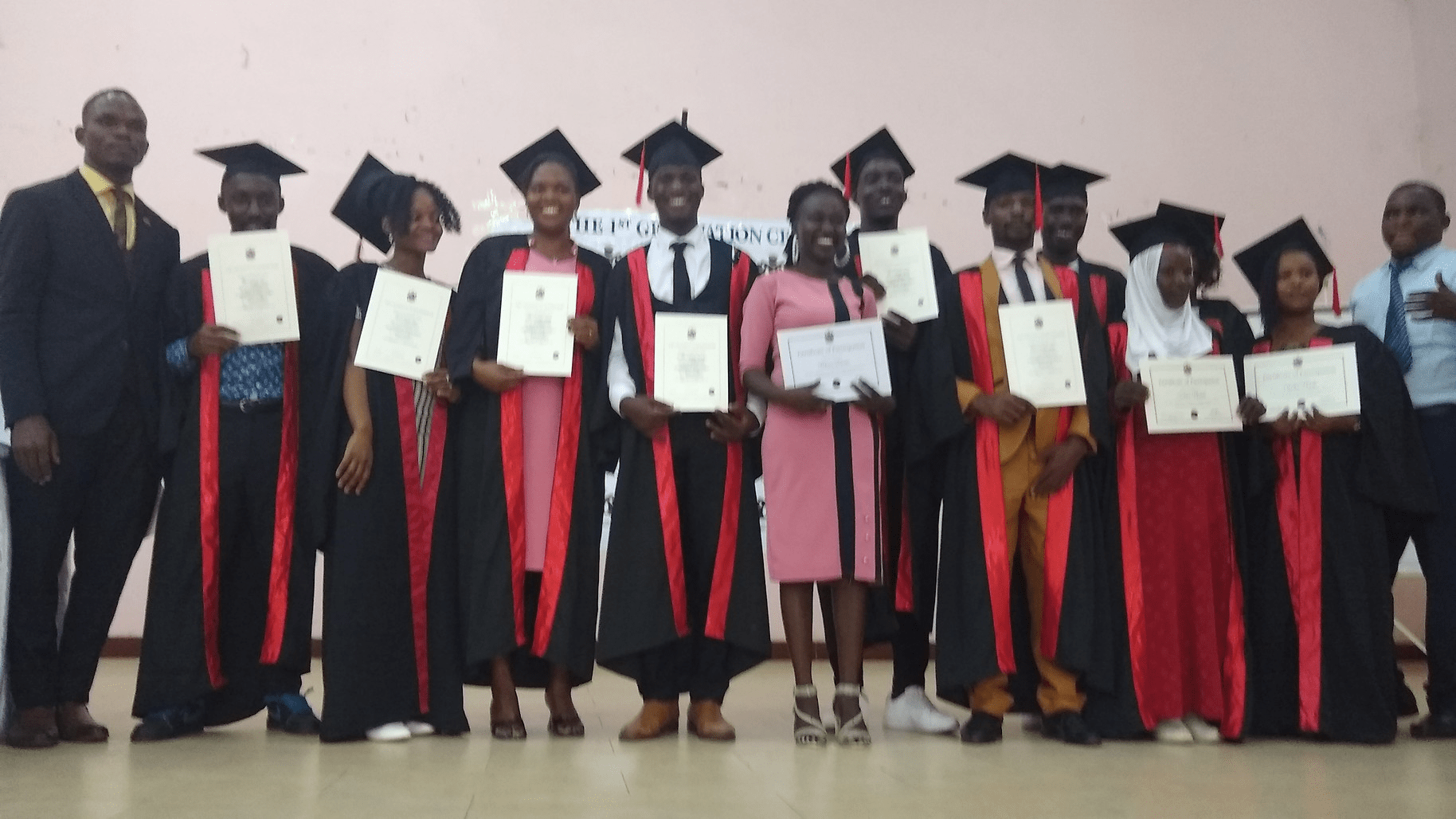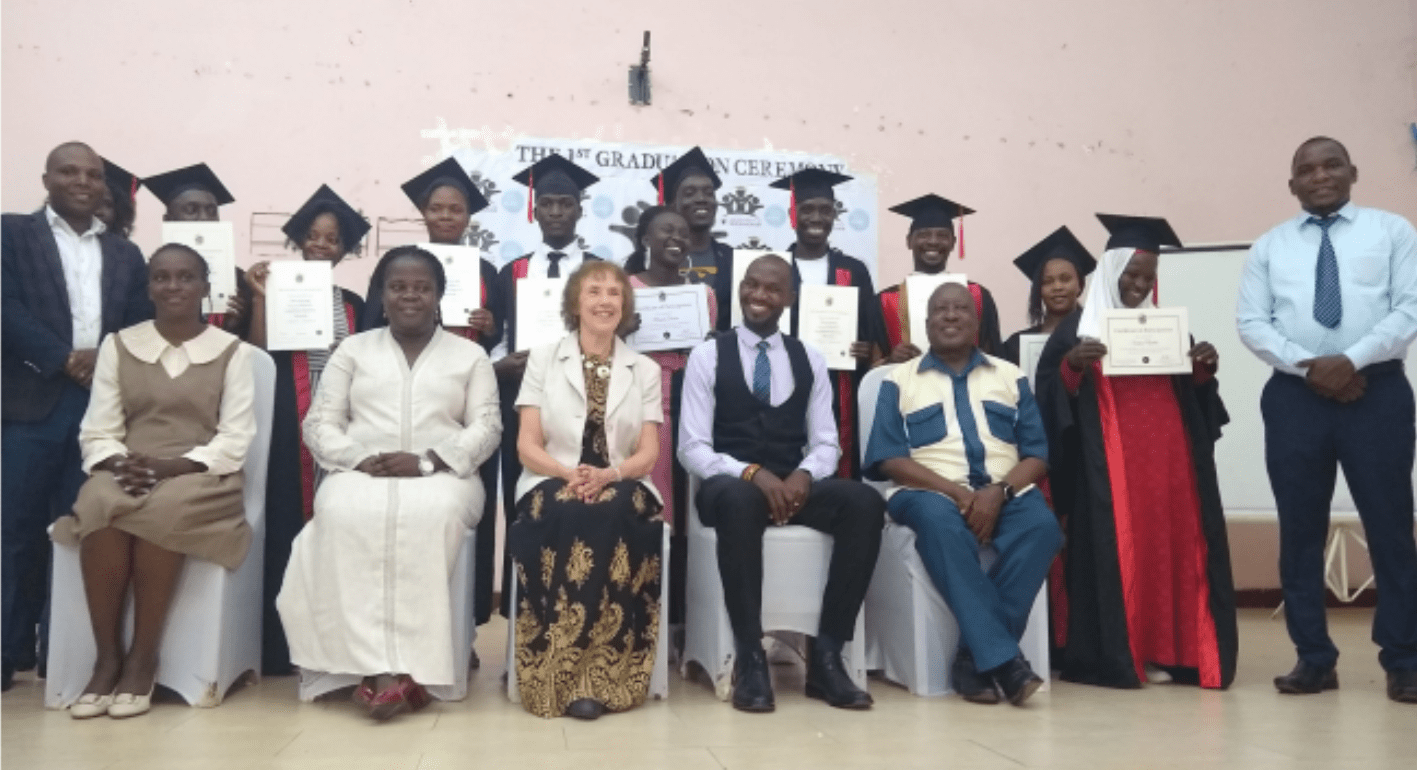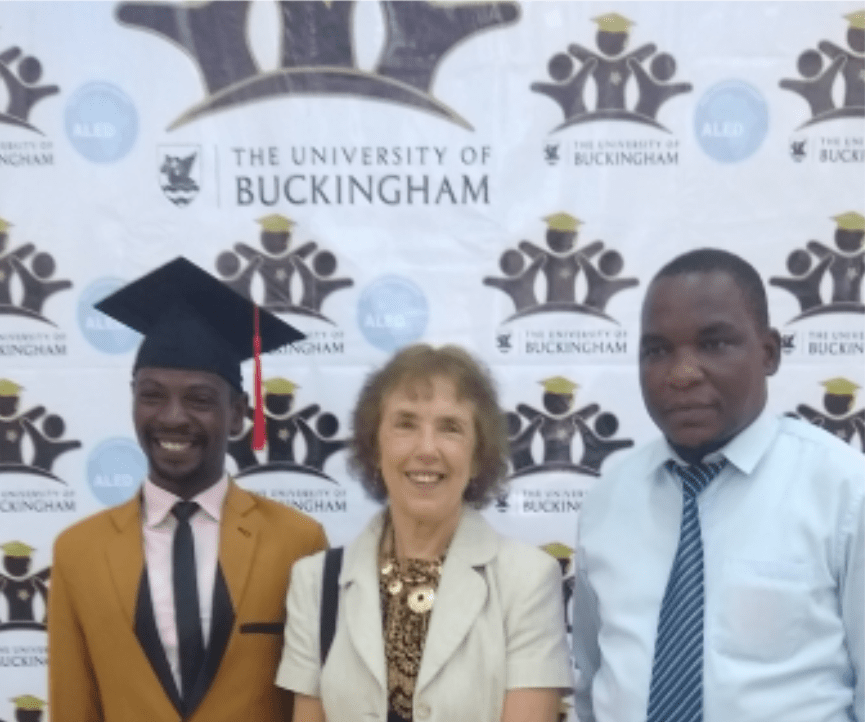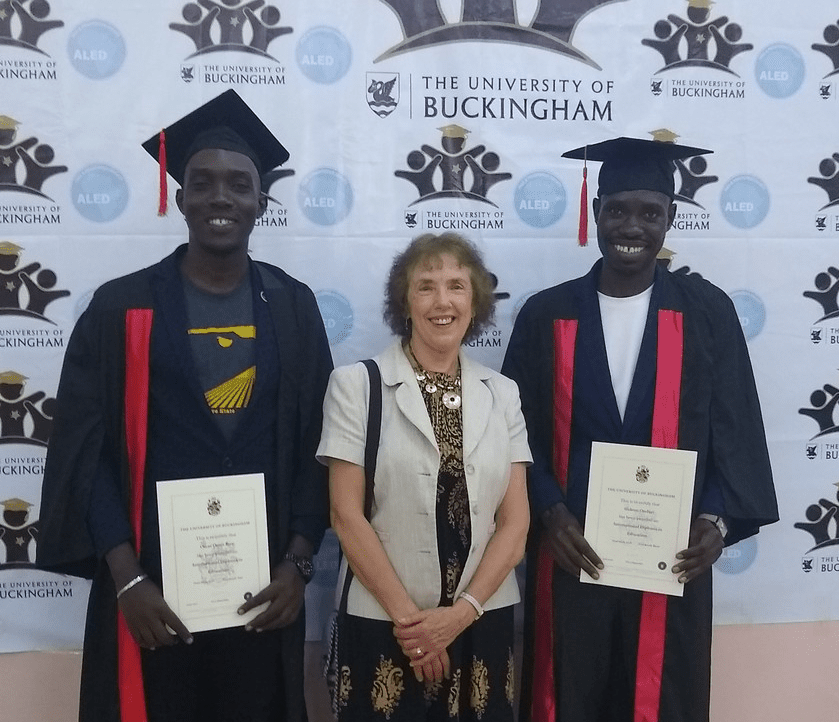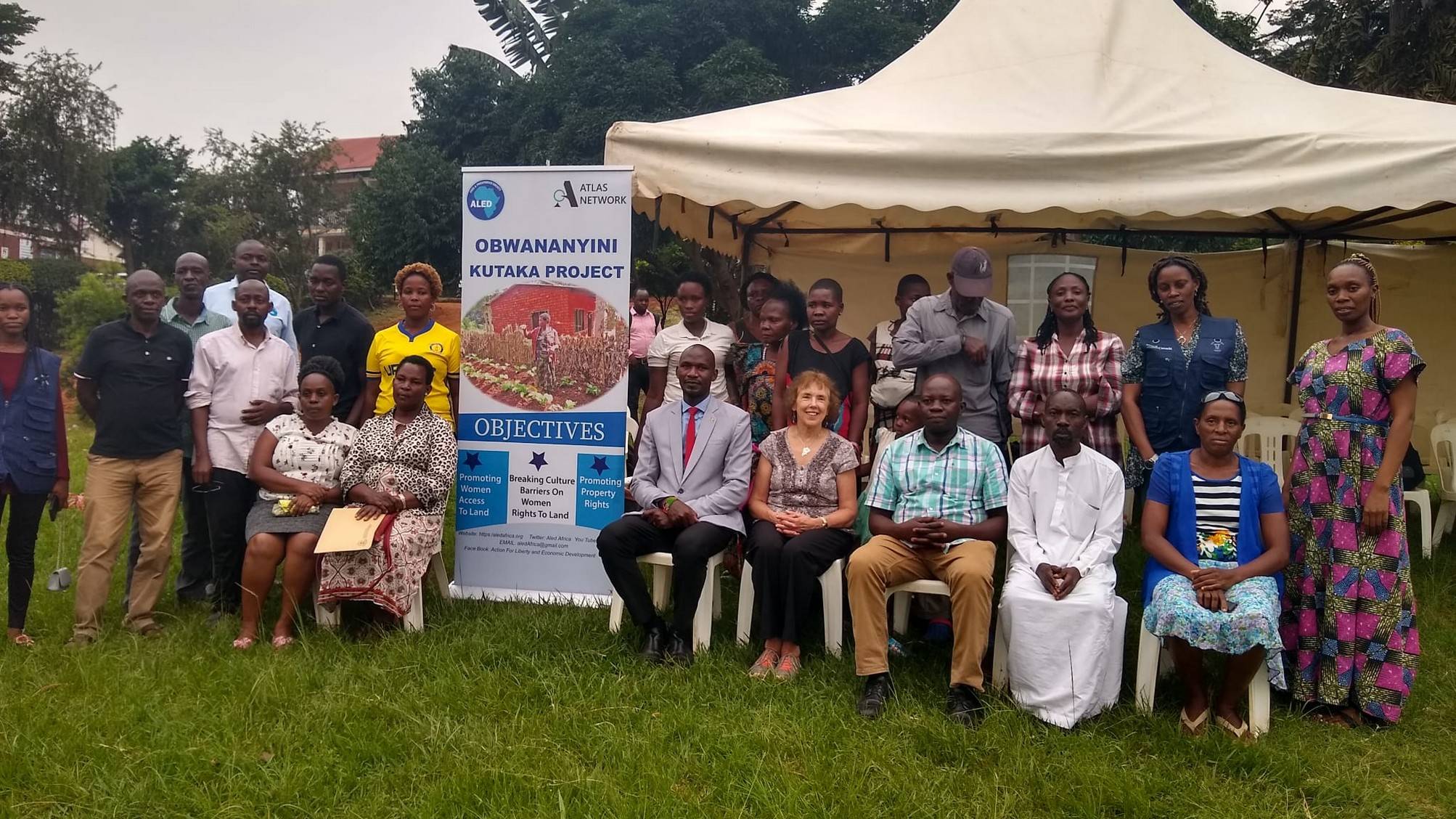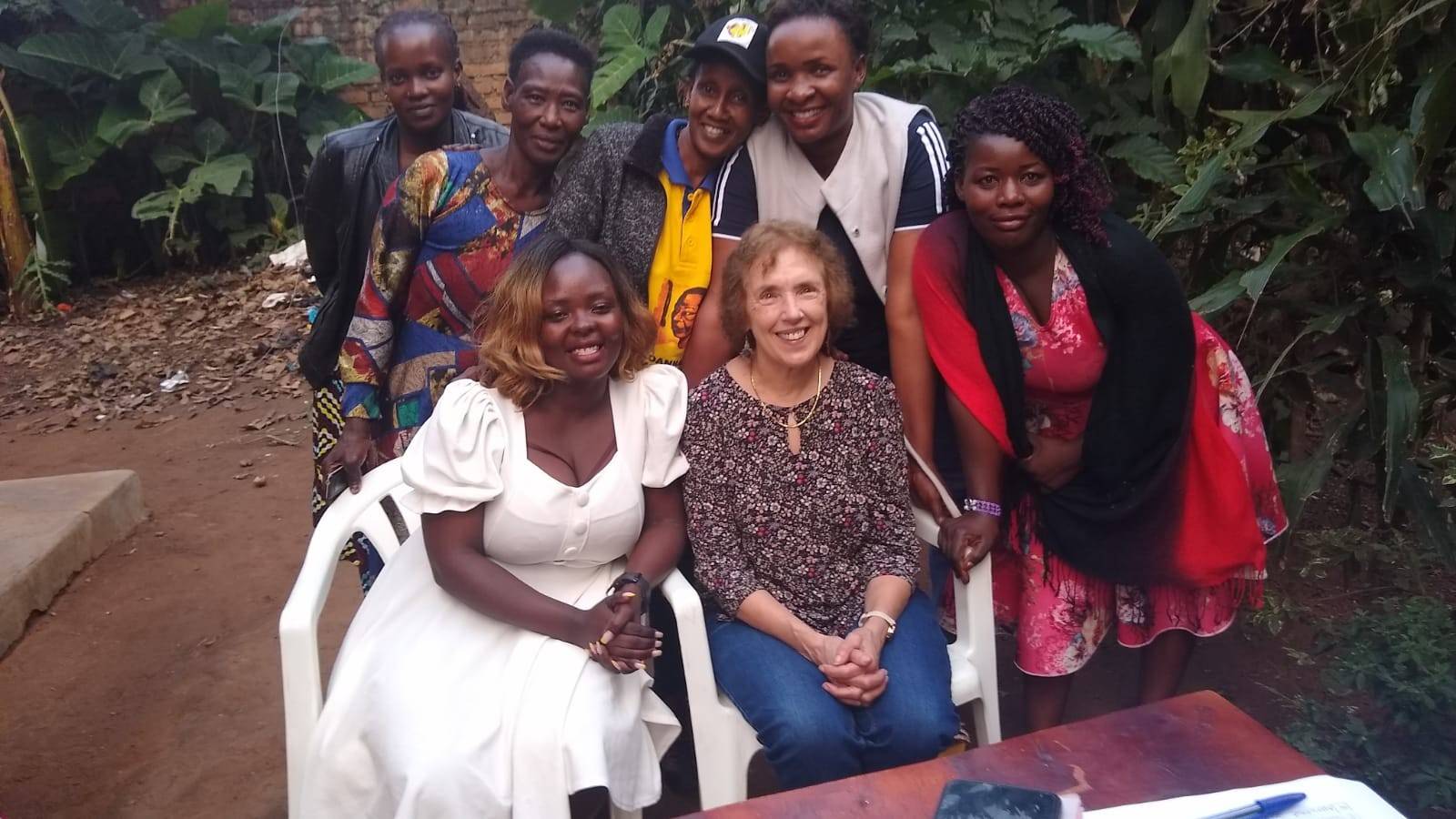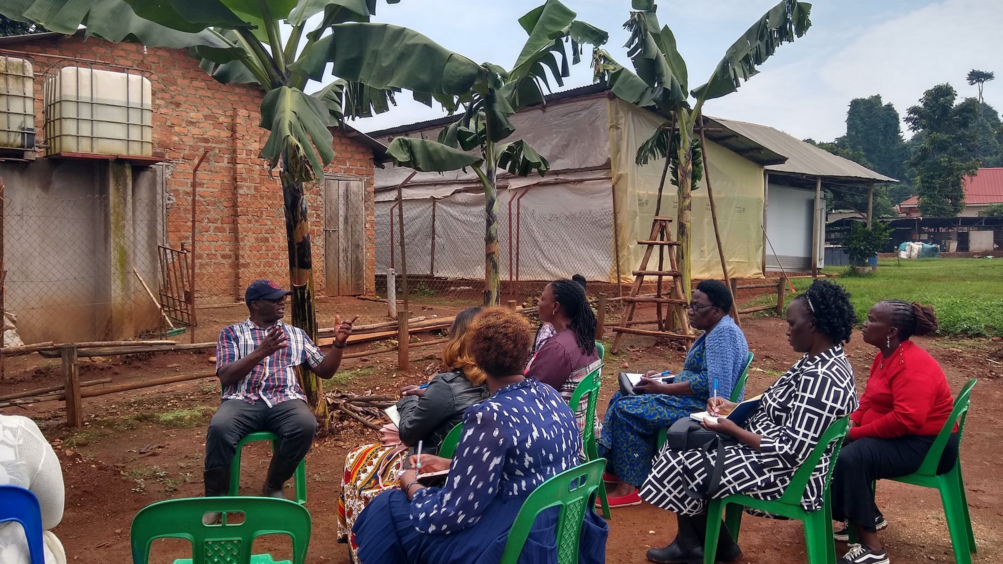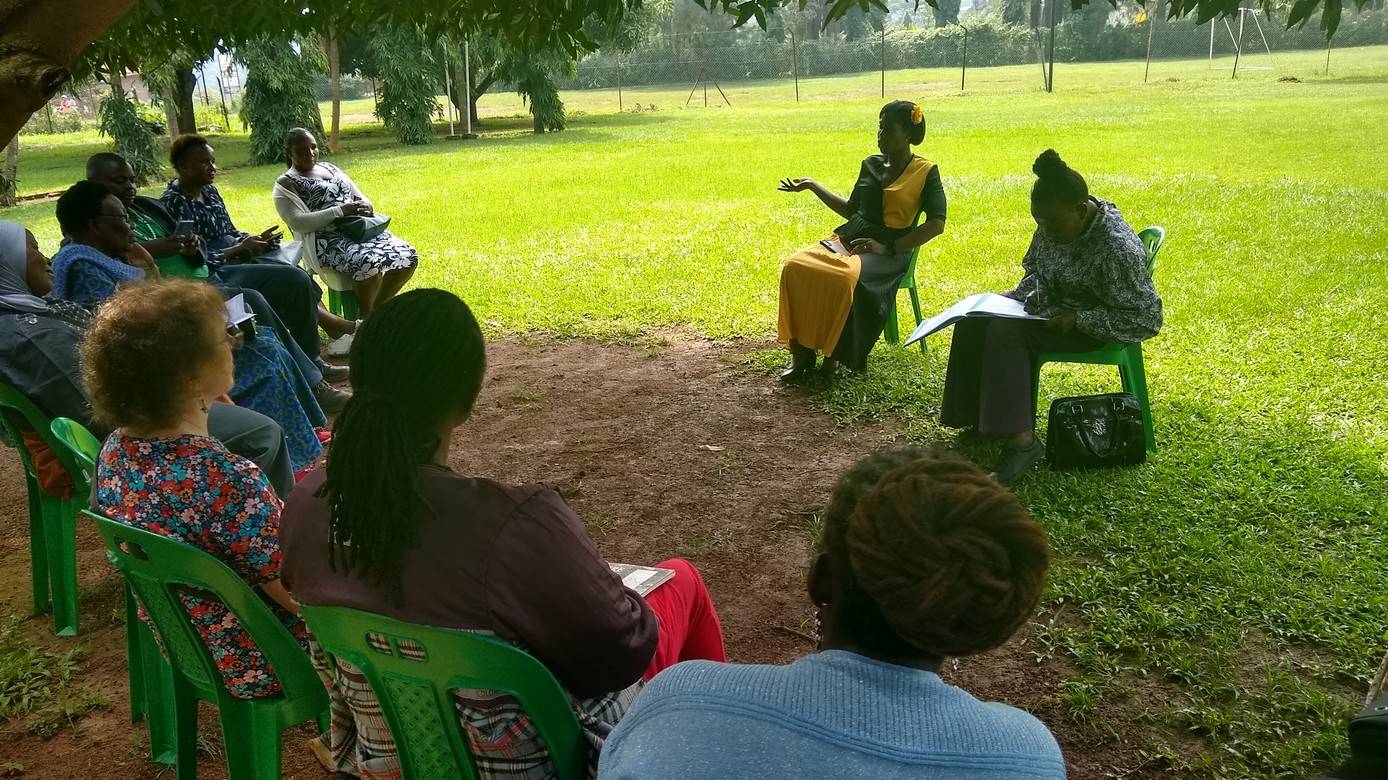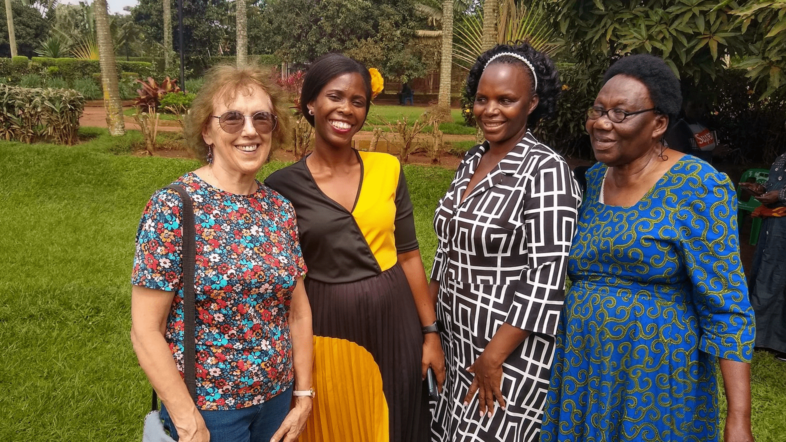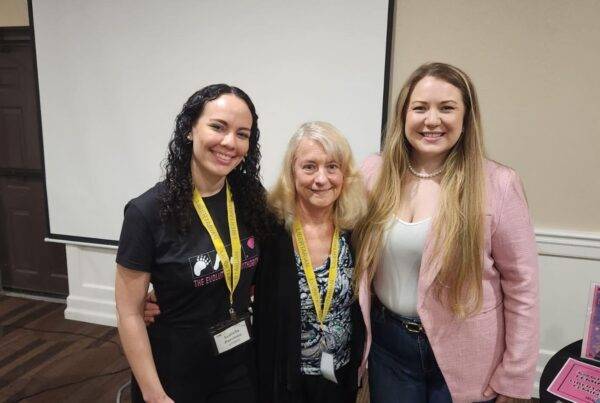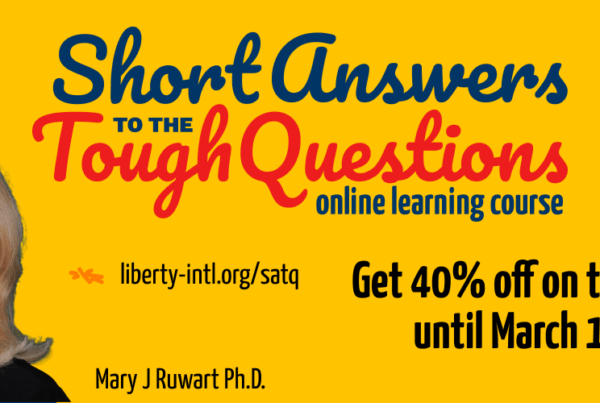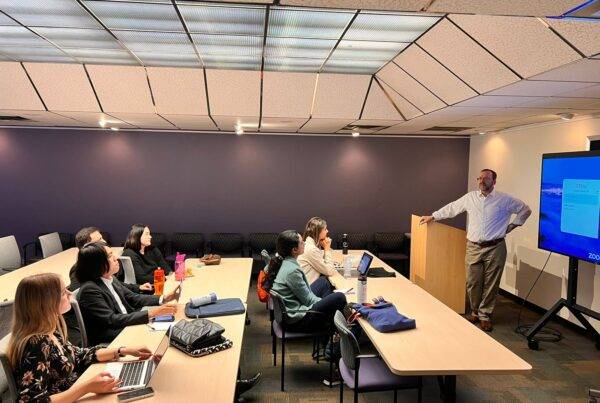In this article, LI Representative, Marina Brierley, invites readers on a captivating journey through Uganda, where she uncovers the transformative power of education, the struggle for land rights, and the promise of agricultural innovation, painting a vivid portrait of hope and resilience.
I recently visited a fascinating country – Uganda – to follow up on three passions of mine: education for freedom, land rights, and development through agriculture. This article discusses my attempts to address these issues.
Firstly, education for freedom. Professor James Tooley’s insightful book “The Beautiful Tree” introduced me to low-cost private schools in developing countries. His extensive research revealed the abundance of tiny private schools operating on miniscule budgets across Africa, India, Latin America, and beyond, contradicting the common belief that private schools cater only to the elite. Even impoverished fishermen and day laborers, aware that “free” education often comes at the cost of quality, readily sacrifice to pay for their children’s better education. Research confirms that these schools outperform their public counterparts. However, room for improvement remains, as teachers often lack specialized skills and knowledge of the latest pedagogical methods.
Professor Tooley sought to address this by developing an accessible and affordable teacher training program for underprivileged private schools. In collaboration with a small team from the University of Buckingham, he created an app-based program providing teachers with micro-modules they could access at their convenience. This pilot scheme, launched in Nigeria and India in 2020, has since benefited over 300 teachers, many of whom attest to the program’s transformative impact on their teaching skills. Educated individuals form the bedrock of development, including education for liberty, and this groundbreaking initiative significantly equips teachers with the necessary skills for the 21st century.
Witnessing the program’s success in Nigeria, I envisioned its potential in other African nations. The original vision, after all, aimed for global distribution. Recalling my friends from a 2018 Liberty Camp organized by the Language of Liberty Institute, particularly Mugabi John Socrates, the Director of ALED (Action for Liberty and Economic Development), a Liberty International partner organization, I reached out to Mugabi. Would Ugandan teachers be interested in the program? The resounding “Yes” led to a pilot scheme launched in early 2023. Fast forward to January 2024 when this visit coincided with the graduation ceremony of the first group of Ugandan teachers. It was a privilege to attend the ceremony and experience the gratitude for the programme which many of the graduates expressed. Registration is now open for the current year about to begin for teachers in Uganda!
Land rights recognition for individuals or families acts as a significant catalyst for economic development. I previously discussed the importance of land ownership in this article. During my visit, I witnessed firsthand the challenges Ugandans face regarding this issue. Women, in particular, are often dispossessed of land when their husbands die, with other male clan members claiming superior rights solely based on gender.
Fortunately, the Obwananyini Kutaka initiative, led by ALED, combats such cultural prejudices and upholds women’s land ownership rights. I had the privilege of attending a meeting with this movement and, alongside courageous female advocates, lawyers, and local councillors, was invited to share my perspective. International development experts, including the UN Food and Agriculture Organisation, concur that empowering women in developing economies significantly contributes to prosperity. Women, more likely to invest in their children’s education and seek sustainable financial gains, tend to utilize land resources effectively. Underutilizing 50% of a country’s human capital, as seen in Afghanistan’s stark situation under Taliban rule, hinders economic progress.
Female independence, by fostering dignity and confidence, even leads to better relationships as women are no longer dependent on men for their every need.
While Ugandan law recognizes gender equality in land rights, many citizens remain unaware. Thankfully, dedicated lawyers like Richard Kakande work tirelessly to educate them. I am grateful for his efforts, as well as John Mugabi’s skilled and enthusiastic translation during my own contribution to this cause.
To highlight the benefits of land titling, I discussed its role in facilitating peace, resolving land conflicts, and reducing bribery opportunities. I also showcased successful African entrepreneurs who benefited from clear land titles. Historically, secure property rights played a key role in Western development, alongside other factors like the rule of law, human rights, business ease, and free trade. In Britain, for example, enterprising landowners seeking to maximize yields paved the way for the Agricultural Revolution, which in turn laid the groundwork for the Industrial Revolution. This 19th-century event, which significantly raised living standards, spread from the UK across the Western world. Now, it’s Africa’s turn!
Even with partial land security, significant agricultural development is possible, especially in a country like Uganda with its fertile soil, good rainfall (at least in the south), and year-round growing season. While crops like coffee and maize are already widely grown, there’s ample room for more entrepreneurial, commercial farming to alleviate poverty and ensure food security for all. Even on small-scale holdings, adopting diverse, scientific farming methods based on sustainable, organic, and regenerative principles can benefit everyone.
Dr. Emma Naluyima, also known as Mama Pig, is a successful example of such an entrepreneur. She demonstrates how to profitably farm just one acre of land. By growing the staple crop matoke, raising pigs and cattle, cultivating vegetables, and even farming fish, she minimizes waste and expenses. Pig dung feeds maggots, which in turn feed chickens and fish, while also generating biofuel for cooking. Animal urine becomes natural fertilizer and pesticide. Simple biosecurity measures prevent swine flu, and soil fertility meters attached to trees send data directly to mobile apps, allowing for precise fertilizer application. Fodder for livestock is grown vertically in a container truck, occupying minimal space yet providing enough food for 20 cows and 120 pigs, as Emma’s husband, Washington, explained.
A group of nine female small business owners, John Mugabi, and I visited this award-winning farm to learn about its successful model. The women listened intently to Washington and Emma as they shared the intricacies of their operation, which produces higher yields and healthier livestock than these women had previously seen. Some women even asked, “Why are we so poor?” The answer, they realized, was simply a lack of knowledge. With greater technical and economic knowledge covering markets, management, logistics, and finances, they too could become successful agripreneurs, enriching themselves and their communities. The visit seemed to inspire some to try, and I wish them all the best.
Authored by
Marina Brierley, a History and Philosophy graduate from UNSW, began her career as a programmer, working in Sydney and London before finding her passion in education. For many years, she taught history in an English grammar school, igniting a love for learning in young minds. Driven by a desire to make a wider impact, she pursued an MA in International Development and Education from Newcastle University (UK). This experience fueled her dedication to working with young people around the world, promoting classical liberal views as a path to national progress. With a particular focus on African development, Marina’s enthusiasm and commitment shine through in her work.
Beyond her academic pursuits, Marina is the author of “Russian Roots,” a captivating historical account of her family’s escape from Stalin’s Soviet Union. The book chronicles their journey to China and beyond, offering a glimpse into the resilience of the human spirit. Of Russian heritage and a Russian speaker, she is Australian by birth and British by choice. Her diverse background and extensive travels to over 50 countries have instilled in her a profound commitment to individual freedom and the philosophy of liberty. This unwavering belief serves as a guiding principle in her life and work.
